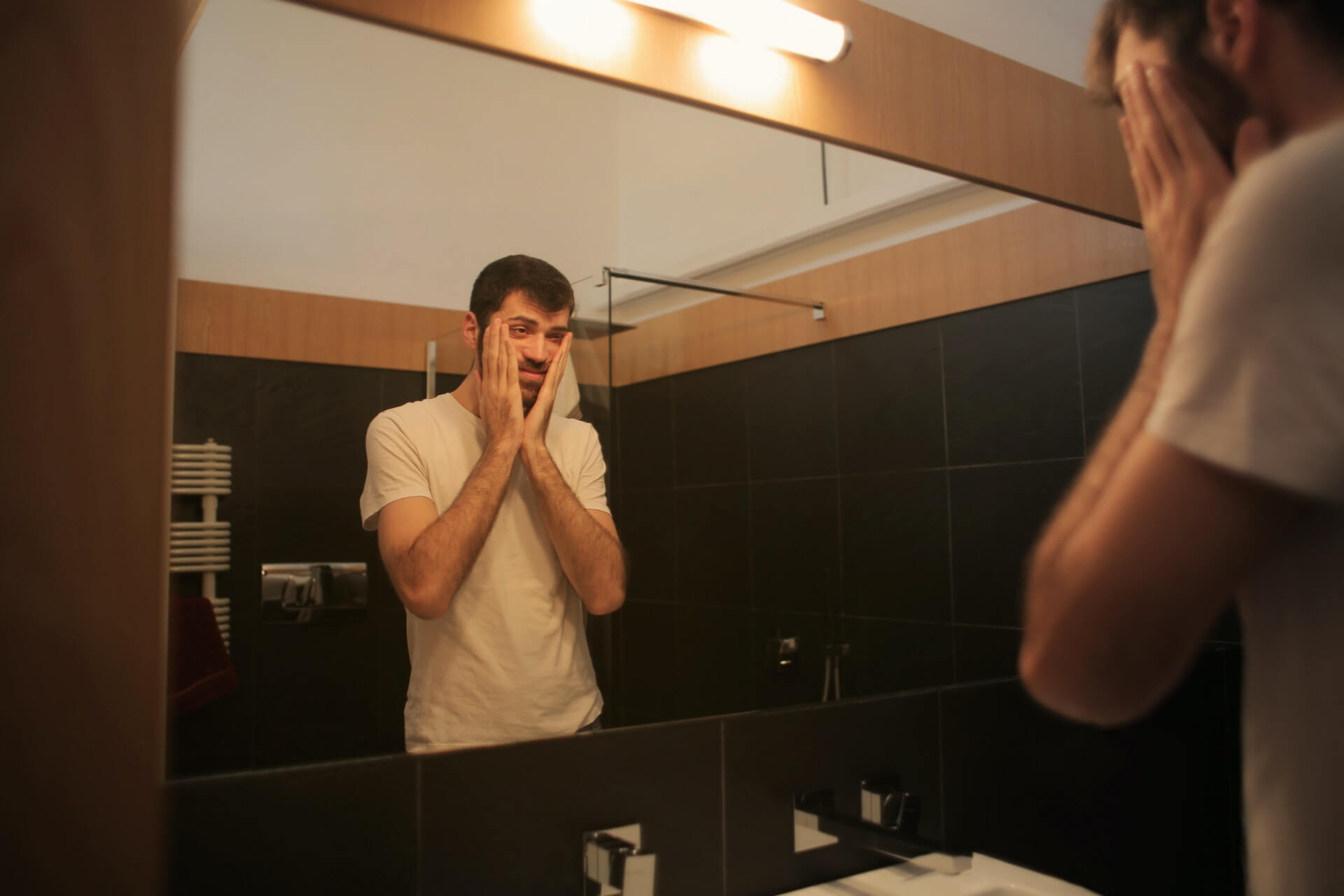RALEIGH, N.C. — Certain days feel more like weeks, especially when unexpected issues occur, and bad luck keeps tripping you up. Now, new research actually suggests there’s truth in the saying that some days end up aging people far more than others. Scientists at North Carolina State University say younger adults really can look and feel older on especially stressful days, but only on days when they also feel less in control over their own lives.
“There’s substantial research that tells us stress makes older adults feel their age, or even feel older than they actually are,” says Shevaun Neupert, corresponding author of the study and a professor of psychology at NC State, in a media release. “And the literature tells us that when seniors feel older than they actually are, that is associated with a host of negative health outcomes. However, there is little research examining this issue in younger adults – people in their teens, 20s and 30s. Having a deeper understanding of this phenomenon across all age groups could help us develop interventions that protect our mental and physical well-being.”
“This work may be particularly timely, as stress researchers are seeing an increase in the amount of stress younger adults are experiencing now, when compared to the amount of stress previous generations experienced when they were young,” Prof. Neupert continues.

To conduct this research, study authors collected data from 107 younger adults between the ages of 18 and 36. Study participants then completed a baseline survey followed by a detailed daily survey for eight days in a row. Those daily surveys captured the amount of stress they experienced daily, how much control they felt they had over their lives that day, and how old they felt and looked that day.
“The key finding was that on days when study participants reported experiencing higher levels of stress than they normally did, they also reported looking and feeling older,” Prof. Neupert explains. “However, this was only true on days when study participants also reported feeling that they had less control over their lives than they normally did.
“It’s also worth noting that both the levels of stress and the levels of control were relative.”
Put another way, an individual could conceivably report relatively low levels of stress, but if those stress levels are higher than what they normally deal with, the effect is still visible. At the same time, even if people reported feeling significant levels of control over their lives, if it was less control than they usually reported, the same negative effect took place.
“For one thing, this tells us that the phenomenon of stress making people feel older is not limited to older adults – it happens to young people too,” Prof. Neupert adds.
“It’s also important because we know that experiencing chronic stress over time can have adverse effects, and that people generally report increasing levels of stress as they move from young adulthood to midlife – their 40s and 50s,” the study author concludes. “If these young people are already experiencing historically high levels of stress for their age, and that stress is affecting how old they feel, it will be important for us to pay close attention to the markers we use to assess stress-related physical and mental health for this generation.”
The study is published in the journal Mental Health Science.
You might also be interested in:
- Best Tea For Stress: Top 5 Calming Brews Most Recommended By Experts
- Feeling older than you really are linked to higher risk of dementia, stroke
- Feeling younger wards off disability, disease for older adults
- This cheap, healthy gut supplement — boosts brain function in just 3 months!
- 7 Best Foundations For Mature Skin, According to Beauty Experts
